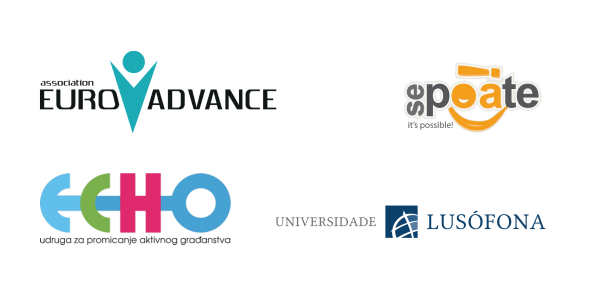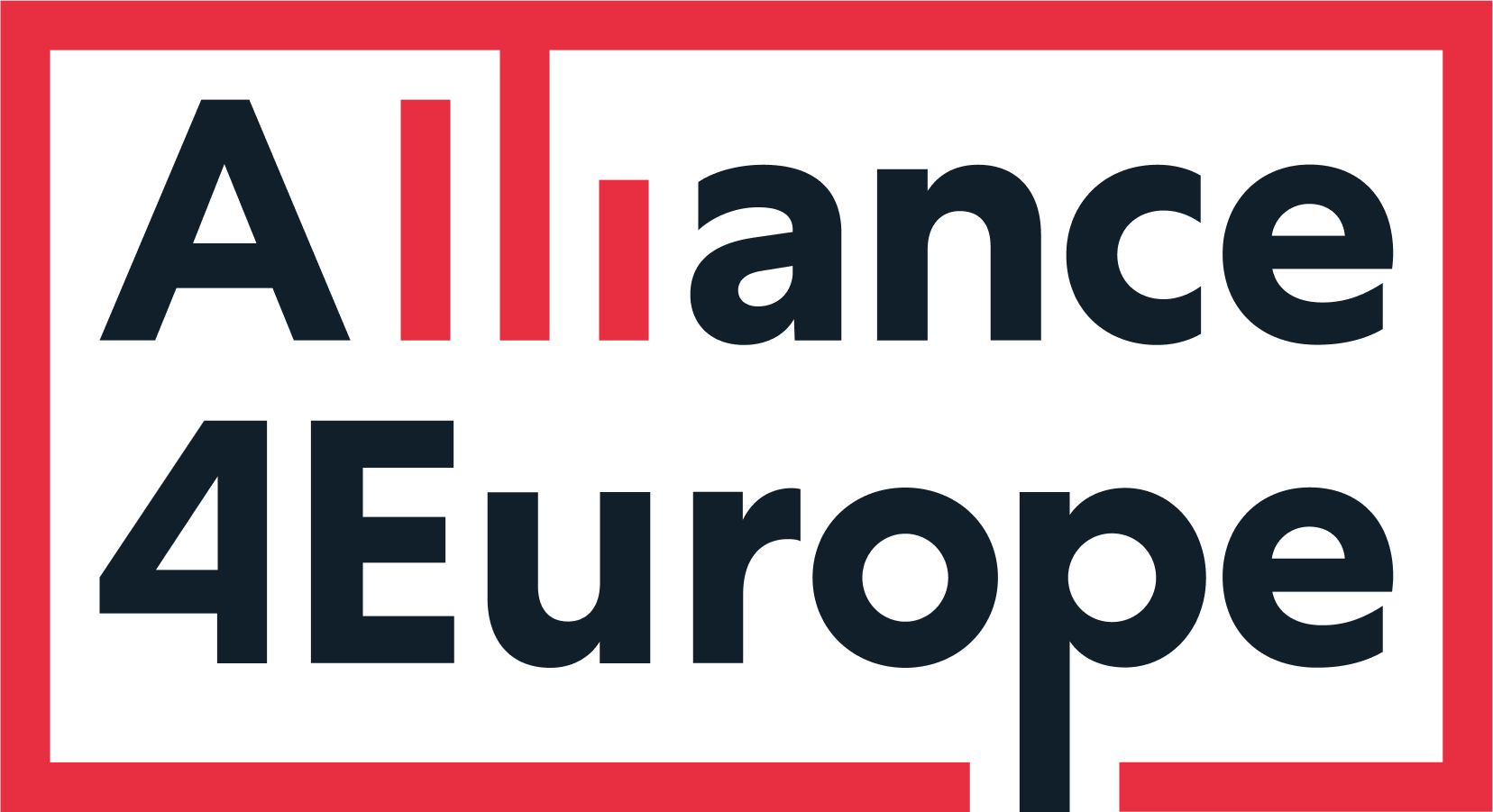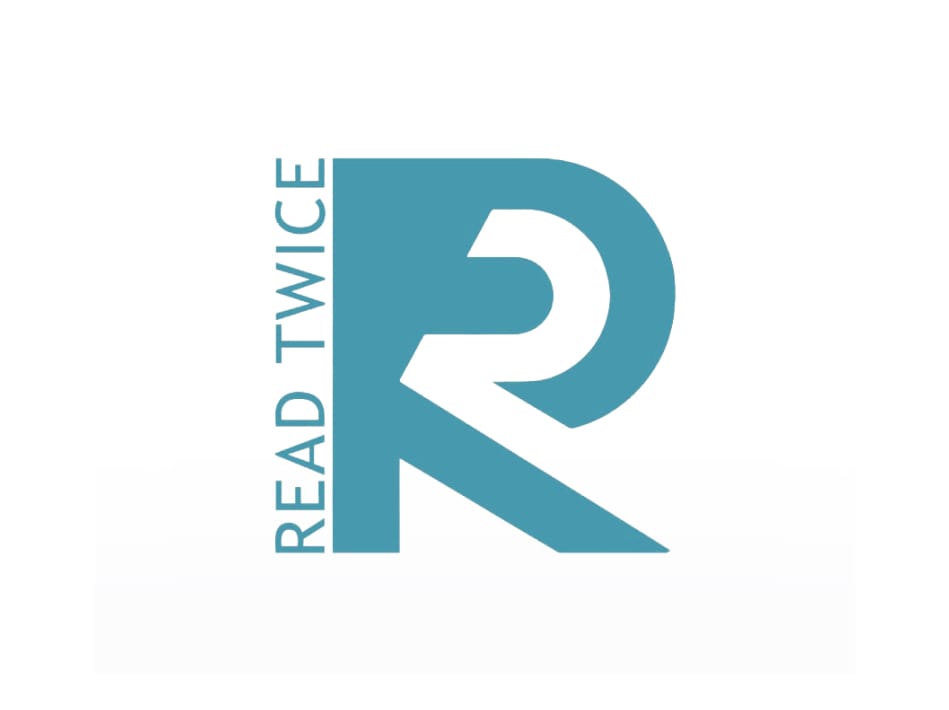ReadTwice (R2) is an EU-funded project that creates resilience against disinformation by training citizens to correctly assess information before sharing it. It involves groups from both high and low media literacy countries, who will learn from each other. In February 2023, Alliance4Europe hosted a two-day workshop on media literacy and countering disinformation in Berlin, joined by over 30 participants from Bulgaria, Croatia, and Romania. Each of these brilliant participants, with an array of backgrounds, from journalism and communications to teaching, tech, and business, took part to build their skills in order to be able to give these trainings to their own communities.
Read more about the event: Read Twice (R2) Event Description Sheet and on the main website at themayor.eu.
And discover more ways to counter disinformations from our mapping exercise of approaches in Germany: Mapping of national best practices and initiatives in Germany for tackling disinformation
The project in more detail:
Period: 1 October 2022 – 31 March 2024 (18 months)
Coordinator: Euro Advance Association
Objectives: Counter disinformation and limit the spread of fake news by enhancing citizens’ skills to assess critically information, identify vicious and harmful media content and distinguish between facts and opinions, thus improving their media literacy competences
Activities: 2 international capacity building trainings, 9 media literacy trainings for students, 3 seminars for local stakeholders and multipliers in the field of media literacy, 1 international webinar
Target Groups: young media practitioners, Young people with basic media literacy skills, Young people with limited abilities to discern fake from genuine content, Local stakeholders and civil society organizations, Other social media users
The workshop in Berlin – What went on and what were the outcomes?
The 2-days workshop ‘ReadTwice: Countering disinformation in a digital democracy’, taking place on the 27th and 28th of February 2023, was a part of the larger ReadTwice project. It has covered innovative approaches to countering disinformation and building media literacy. The workshop consisted of exercises, visits from experts in the journalistic and media fields, and in-house presentations.
On the first day, participants were introduced to the concept of disinformation and to the workshop as a whole. Using the mapping produced by Alliance4Europe, the group had to engage with the practices that are there to protect communities from information manipulation. The group was also joined by Julia Bayer and Tilman Miraß from the media outlet Deutsche Welle who presented some of the tools they use to ensure that the information they report is reliable. The participants were also introduced to the Public Editor tool by its founder dr. Nick Adams, and had the chance to participate in one of Public Editor’s training modules. The end of day one revolved around an interactive discussion on how the participants assess the situation of their own communities in light of the information gained.
The second day saw a visit to the media outlet Der Spiegel, where journalists and the head of the Berlin office, Martin Knobbe, talked about the Team Jorge case, government responses, fact-checking, disinformation and extremism in Germany. After returning to the initial venue, BMW Foundation Herbert Quandt, the participants were introduced to the DISARM framework and had to empirically apply it. The second day concluded with a session on how to train others and what are the best tools and practises the participants can use in their respective contexts. Another outcome of the workshop is that the participants will have to write their own blog posts about the findings and learnings of the workshop.
The workshop received high scores from participants, who reported an increase in awareness, knowledge, skills, and cooperation. The format and content were relevant and preliminary information was evaluated positively. Participants felt the action taken by the organiser promoted gender equality and/or ensured equal opportunities. Perception on disinformation changed and participants believe they will react differently and use what they learned in their everyday lives. Overall, the workshop was very successful and had a high impact on participants.
Mapping of German best practices for tackling fake news and disinformation
The Mapping of German best practices for tackling fake news and disinformation was an integral part of the Work Package 2. It aimed at identifying at least 10 initiatives (public and private) to serve as best practices in addressing fake news and promoting media literacy at national level. A4E carried out research to identify initiatives of leading organisations, experts, and practitioners in Germany, including think tanks, academia, civil society, social enterprise, schools, universities, and vocational education. The mapping outlined Germany’s experience in tackling disinformation and the policy developments concerning this issue.
According to the mapping, in Germany countering disinformation is dispersed between government, trade union, education associations and institutions, and media. Importantly, many of these sources of best practices for countering disinformation are integrated with wider European Union initiatives and organisations. The mapped initiatives for the R2 project exemplify the critical practices used by German and International initiatives to counter disinformation. These initiatives align with the TEFU article 2, enabling the fundamental values of the European Union. Along with desk study and triangulation to mitigate the bias to bring best practices, and the newly adopted directives from the EU on tackling disinformation, this mapping offers the state-of-the-art of media literacy and practices. Target audiences are an array of actors, including the general public, government entities and NGOs. The initiatives offer media and information literacy, vocational training, and democracy education to bridge the gap between information practices. Germany’s best media practices tackle the disinformation flow that violates the fundamental rights of the EU citizens. With the help of all these practices, one comes closer to the efforts made by the actors to counter disinformation and build better information practices.
Partners
For the ReadTwice project, Alliance4Europe is pleased to work together with partners: Euro Advance Association, a non-governmental organisation established in Sofia in 2013; Asociatia Se Poate (ASP) (translated in English “It’s Possible”) a non-profit, non-governmental organisation founded in 2014 in Bucharest; Association ECHO, a non-profit, non-governmental organisation in Zagreb; and COFAC, a non-profit cooperative, responsible for the management of Lusófona University in Portugual.

Read Twice (R2) has received funding under Grant Agreement n. 101081326, from the European Education and Culture Executive Agency (EACEA) under the Citizens, Equality, Rights and Values Programme (CERV) programme.


